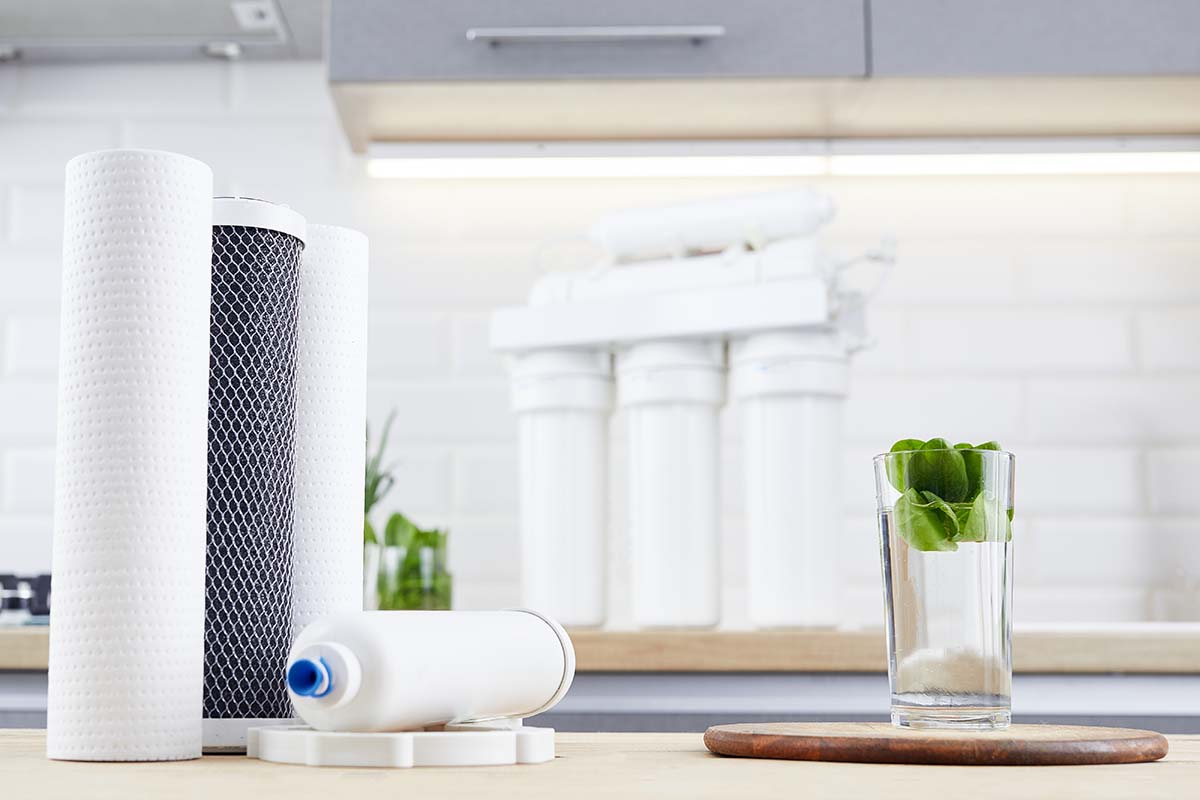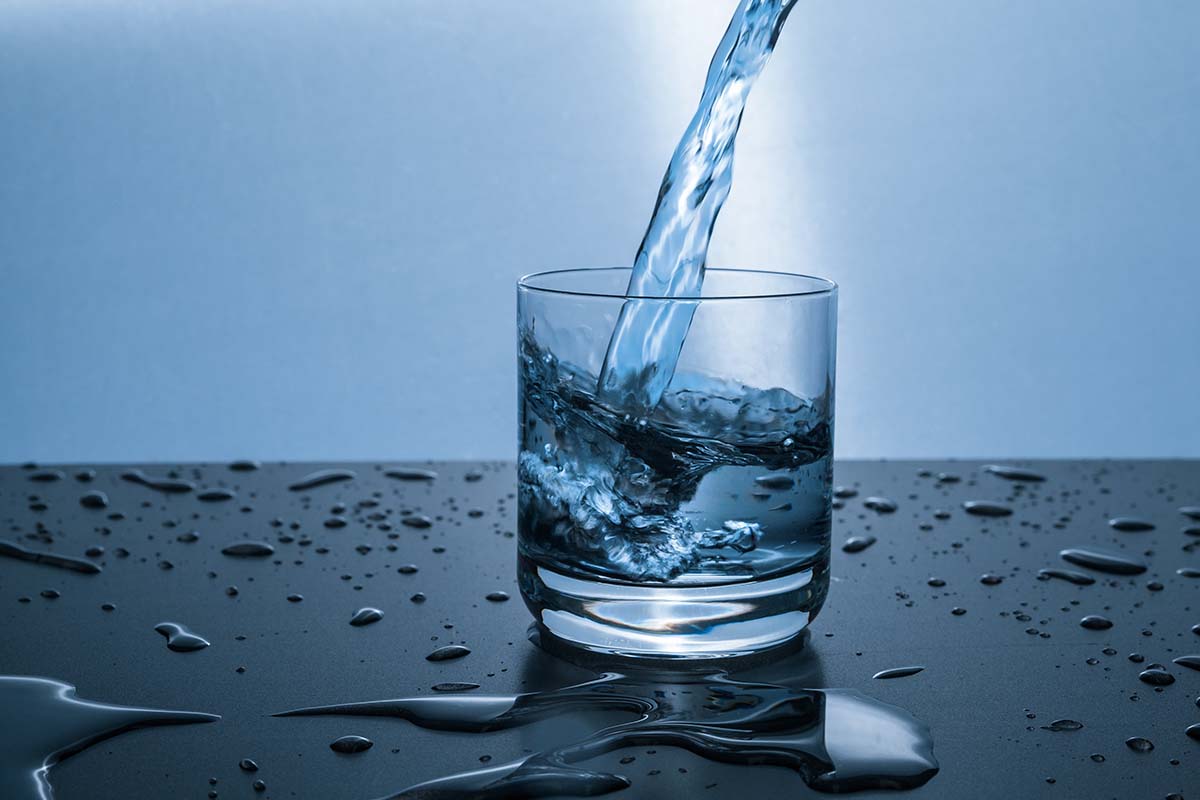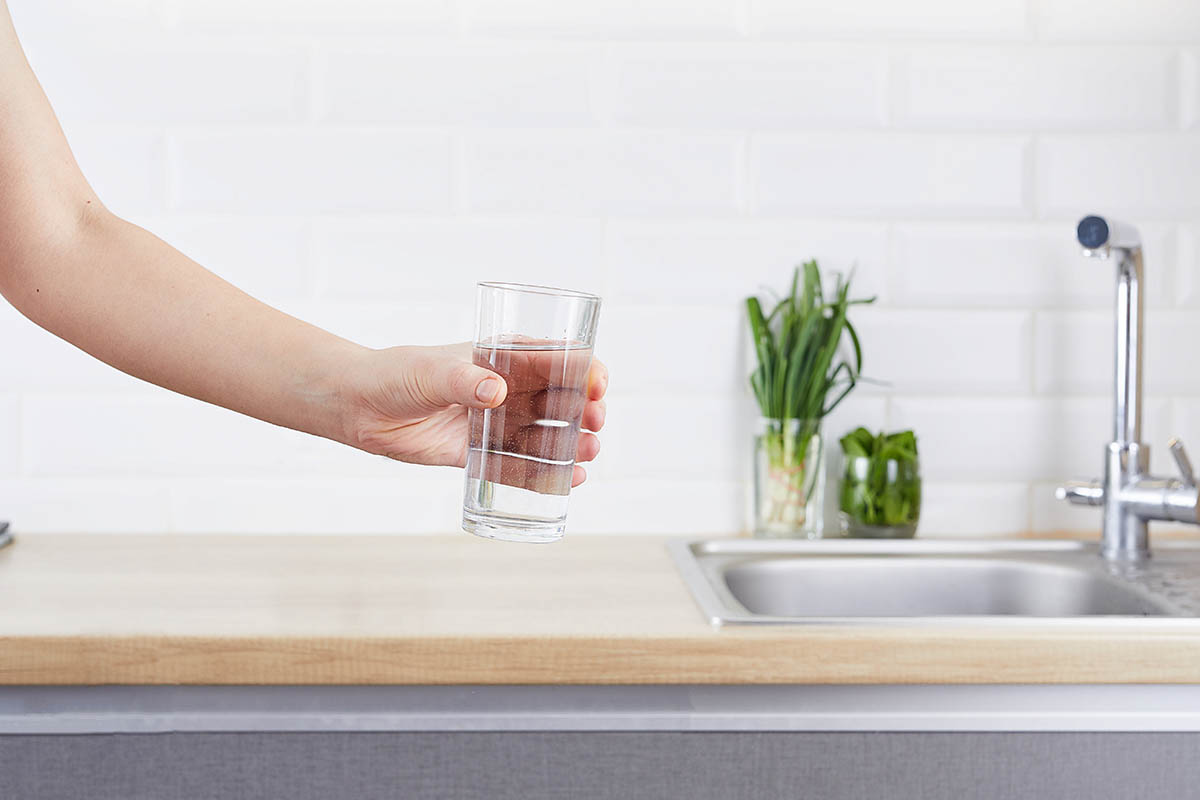Which is the Best Water Filtration System FOR ME?
With all the different types of water filtration systems out there, it may appear to be difficult to make your mind as to which system or systems will best serve your requirements. The Water Solutions HQ website can help, but I thought I would add my own input as well. This article breaks down the different aspects involved with a water filtration system, Reverse Osmosis filters, and the chief things you need to consider when installing filters in your home.
Three Top Considerations When Installing a Home Water Filtration System
Drinking-Water Filtration or Whole House Filtration?
Although water filters come in many different designs (each with its own pros and cons attached – but more on this soon), we can still separate all these different systems into two basic categories. These are:
A. POE or “Point of Entry” systems, also known as Whole House Water Filters, treat all the water coming into your home.
B. POU or “Point of USE” systems that you can install independently at different locations of your home.
Now, of course, a Whole House Countertop water filter will offer the highest degree of protection, but it is also the most expensive option. So, unless you have particular reasons to be wary about any sort of water you use in the day (for example, if your city water has a record of carrying unusual amounts of contaminants regularly or if there are persons in your family susceptible to waters they use), we believe that the best option for typical homeowners is to install one or more Point of Use systems.
Apart from using a system for treating drinking water, we suggest that you also install a filtration system for your kitchen to obtain clean cooking water, which you can also use for drinking, of course – see these top brands here.
What’s There in Your Water?
Recent studies have found that contaminants such as pharmaceutical residues, pesticides, and heavy metals are increasingly finding their way into our water supply systems. What is more, the ingredients used (fluoride, chloramines, chlorine) to treat these contaminants may also lead to certain health hazards.
This is why it is important to know ‘what’s in your water.’ Keep in mind that different water filtration systems are not equally good at removing different contaminants and other harmful ingredients. What is more, the different models of the same type of water filter (such as a Countertop or a Pitcher Filter) are designed to remove different sets of contaminants.
This is why first, you must know what types of potentially harmful ingredients need to be treated with your water filtration system. Secondly, you should pay attention when purchasing your water filter and read all the fine prints to have a piece of good knowledge of that particular design’s capabilities and make.
So, how to know what exactly is in your water? This is not difficult since all city and EPA requires community water systems to prepare and publish an Annual Water Quality Report on the EPA website and their own independent website. So, all you need to do is check the websites and locate the report (also called CCR or Consumer Confidence Report) published by your local water supply system.
Additionally, if you are using private wells, you need to deal with another set of concerns. Studies tell us that as many as 40% of all private wells in the US contain coliform bacteria and/or E.coli at any given period.
To know how safe (or not) it is to drink your healthy water or use it for other purposes, we strongly suggest that you collect a sample of the water and have it tested by a certified water testing lab located nearby. On the EPA website, you will find a list of certified testing labs, arranged by states. Also, we recommend that you get your city water tested to gain a more thorough and detailed insight.
What Type of Water Filter Should You By?
If you decide on a whole-house filter, these systems are often size-based, so knowing roughly how much water you spend in various activities during the course of your day is essential to know when you invest in whole-house systems.
As for POU systems, you have a whole range of choices from pitcher filters, faucet-mount filters, countertop or under-sink filters to more advanced Reverse Osmosis (RO) filters and UV and UF filters.
Pitcher filters are the most simple and cost-effective options, and they do a good job of improving the odor and taste of the water. However, they are not too effective in removing contaminants. Countertop, understand and faucet-mount filters, on the other hand, do a pretty good job when it comes to removing pesticides and contaminants. However, as we mentioned earlier, different models are better able than the others in removing a particular set of ingredients and contaminants. So, again, read the fine prints well before you zero down on a model.
Finally, you have the RO, UV, and UF filters, which work great in removing all the minerals and microorganisms in the water. The RO filters use a membrane filled with the smallest of holes to perform this task. Ultra Violet or UV filters use a powerful UV lamp to eliminate the microorganisms. Ultrafiltration or UF filters, on the other hand, remove microorganisms as well as dust, sand, and chlorine from the water using a high-tech hollow fiber membrane. We highly recommend any of these systems, especially if there is a high amount of dissolved salt found in your city water.
There is, however, one disadvantage to these kinds of filtration systems. This is that since they remove all microorganisms present in the water, this means that at the same time that you get to drink purer water, you are also deprived of all the helpful bacteria that are present in the water. And the same goes for separated minerals as well.
To cap it up, we would say that primarily it is the quality of your water that should play the main factor in determining which type of water filtration system you should settle for.
If in any doubt, make sure to seek advice from a water specialist.




















